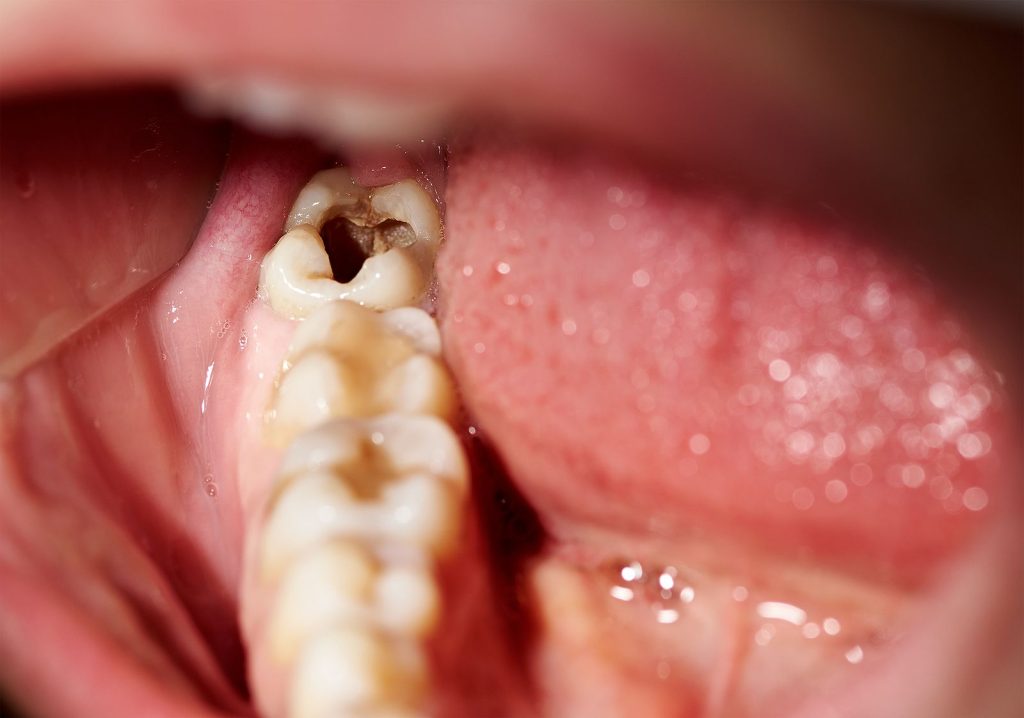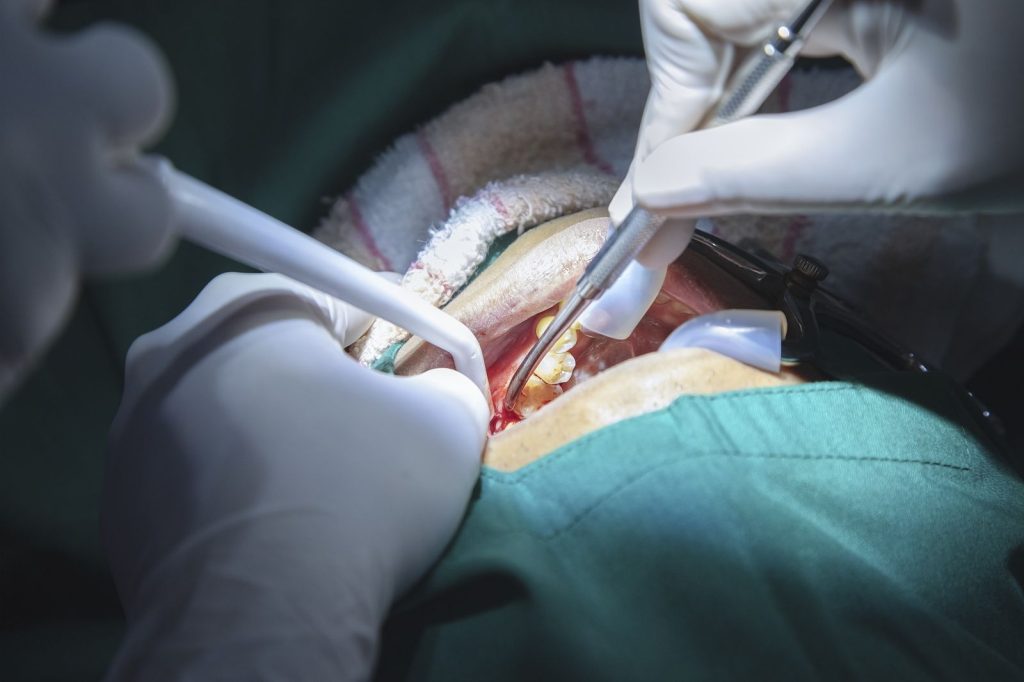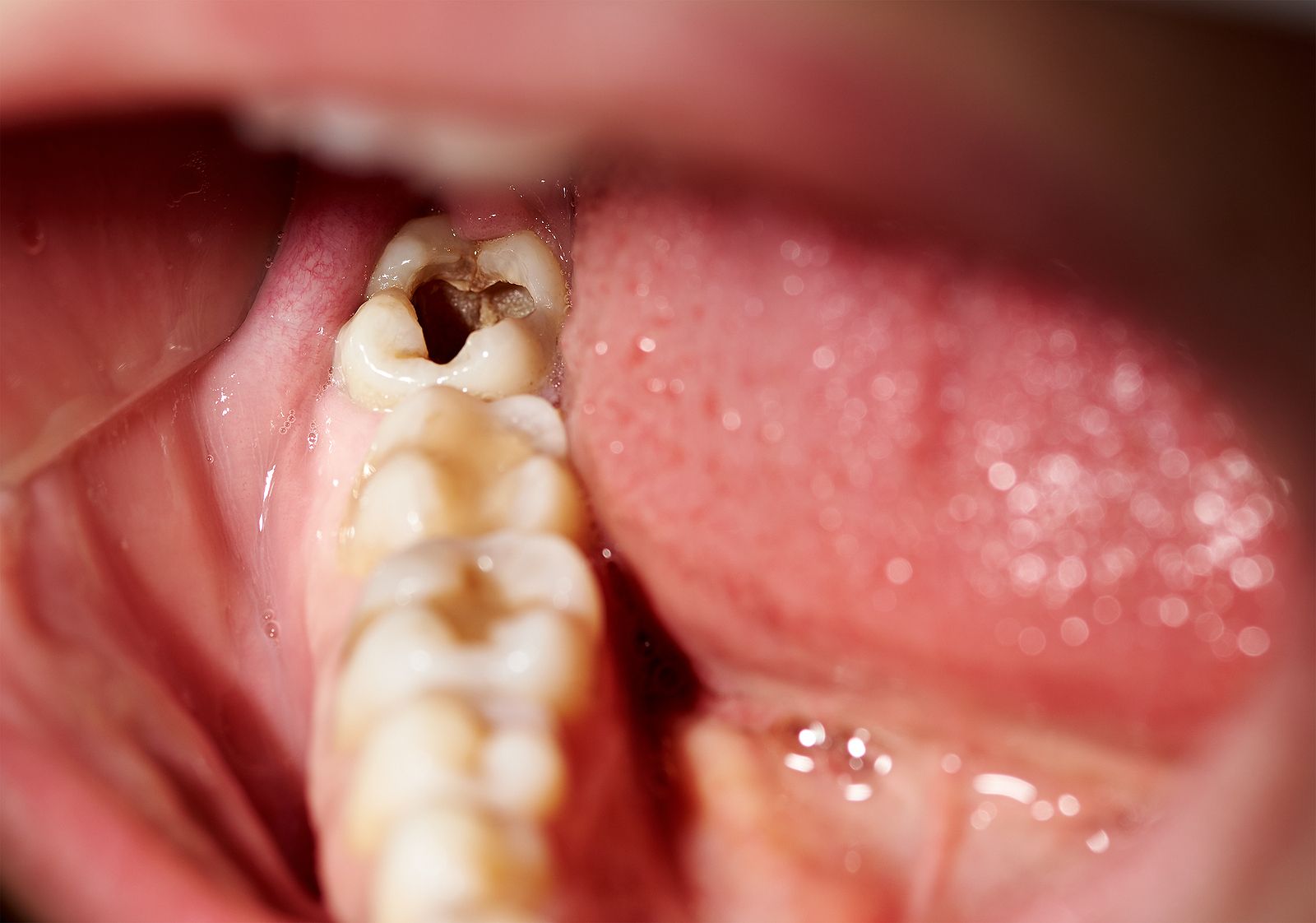Have you experienced a sharp, stinging pain when you bite into something cold, hot, or sweet?
That might be a sign of tooth decay. In its simplest terms, you can think of decay as a tiny hole in your tooth. Left untreated, the hole can get bigger, causing a range of problems, like more pain, infections, and even losing your tooth!
That’s why it’s important not to ignore it.
Our dentist in Armadale is here to talk about how tooth decay occurs, what you should do if you suspect it, and the importance of a healthy, clean, and beautiful smile.

What is tooth decay?
Tooth decay, also known as dental caries, is the result of a tiny but mighty army of bacteria attacking your teeth.
These bacteria love to feed on the sugars left behind from the food and drink you consume. As they feast, they produce acids that chip away at enamel, the protective layer of your teeth.
Over time, this erosion forms small holes, known as cavities, in your teeth. Think of it as a gradual weakening of your teeth’s defences.
What are the stages of tooth decay?
Tooth decay progresses through five distinct stages. Each stage presents unique challenges and risks to your oral health.
As we dig into each stage, you’ll gain a deeper understanding of how tooth decay develops – and most importantly, how to address it!
Stage 1: Initial demineralization
The first stage of tooth decay is called ‘initial demineralization’. Here, the battle begins within the enamel, the tough outer layer of your tooth.
Consider stage 1 as the silent start of decay. Microscopic changes occur as acids from bacteria in plaque attack the enamel, causing it to lose minerals.
During this stage, you likely won’t see any visible signs of decay. Beneath the surface, however, your enamel is getting weaker.
Without action, this process can lead to the formation of cavities and more serious decay.
Initial demineralization treatment
Treatment focuses on strengthening enamel and preventing further decay.
This may involve fluoride therapy, improved oral hygiene practices such as brushing your teeth with fluoride and flossing regularly, dietary changes to reduce sugar intake, and regular dental check-ups.
Addressing demineralization early helps to reduce the risk that you’ll need more extensive treatment in the future.
Stage 2: Enamel decay
As the battle against tooth decay progresses, the second stage, enamel decay, marks a more visible and tangible phase of deterioration.
At this point, the acids produced by bacteria in plaque have continued their attack on your enamel, resulting in the formation of small cavities or holes on the surface of the tooth.
Enamel decay treatment
Treatment typically involves a dental filling. This is when your dentist removes the decayed portion of the tooth and fills the cavity with suitable materials like composite resin.
Stage 3: Dentine decay
Dentine is a hard, dense tissue that forms the bulk of a tooth’s structure.
It is softer than enamel but harder than bone, providing support and protection to the innermost layer of the tooth (the pulp).
Dentine decay is an advanced stage of tooth decay where bacteria penetrate through the enamel to reach the softer dentine layer, causing increased tooth sensitivity.
Dentine decay treatment
Treatment typically involves removing the decayed portion of the tooth and adding a dental filling, similar to the treatment for enamel decay.
Stage 4: Pulp damage
This is a critical stage of tooth decay. The decay has advanced deep into the tooth, reaching the innermost layer called the pulp.
The pulp contains nerves, blood vessels, and connective tissue. When it becomes infected or inflamed due to decay, it can cause intense pain and discomfort.
It can also contribute to bad breath (also known as halitosis).
Pulp damage treatment
Treatment for pulp damage typically involves a root canal. This procedure removes the infected or inflamed pulp tissue to save the tooth.
If the damage is extensive and the tooth cannot be saved with root canal treatment, extraction may be necessary to prevent the spread of infection and alleviate pain.
Stage 5: Abscess formation
Abscess formation is the most severe stage of tooth decay.
Untreated decay has led to the development of an abscess: a pus-filled sac usually located at the root of the tooth.
This occurs when bacteria from the decayed tooth spread to the surrounding tissues, causing infection and inflammation.
Symptoms of an abscess may include severe toothache, swelling of the gums or face, fever, and a foul taste or odour in the mouth.
Left untreated, an abscess can lead to serious complications, such as the spread of infection to other parts of the body.
Abscess formation treatment
Treatment for abscess formation typically involves a combination of drainage to remove the pus, antibiotic therapy to eliminate the infection, and addressing the underlying cause of the abscess.
Your dentist may perform drainage by making a small incision in the gum tissue or through a root canal procedure to remove infected pulp tissue.

How to prevent tooth decay
Preventing tooth decay starts with maintaining good oral hygiene habits, including brushing your teeth twice daily with fluoride toothpaste and flossing between teeth daily.
You can also check why we, at Dental Care Group, don’t like mouthwash.
Additionally, limit sugary and acidic foods and drinks, and opt for tooth-friendly snacks like fruits and vegetables.
Regular dental check-ups with your Armadale dentist and dental hygienist every six months are crucial for early detection and treatment of any dental issues.
The importance of regular dental treatments
Regular dental check-ups and cleans are essential for maintaining optimal oral health.
During these visits, your Armadale dentist can detect and address any dental issues early, halting their progression and avoiding the need for more extensive treatment.
Professional cleanings remove plaque and tartar build-up, reducing the risk of tooth decay and gum disease.
Prioritise regular dental treatments for a healthy, bright, and beautiful smile!Book an appointment in our Armadale dental clinic or call our friendly team on (03) 9509 1500 today.

